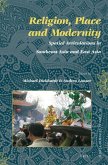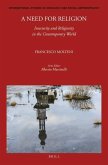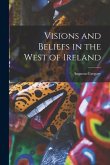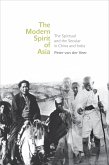Beginning in the late 1970s and early 1980s, significant numbers of Haitian immigrants began to arrive and settle in Miami. Overcoming some of the most foreboding obstacles ever to face immigrants in America, they, their children, and now their grandchildren, as well as more recently arriving immigrants from Haiti, have diversified socioeconomically. Together, they have made South Florida home to the largest population of native-born Haitians and diasporic Haitians outside of the Caribbean and one of the most significant Caribbean immigrant communities in the world. Religion has played a central role in making all of this happen. Crossing the Water and Keeping the Faith is a historical and ethnographic study of Haitian religion in immigrant communities, based on fieldwork in both Miami and Haiti, as well as extensive archival research. Where many studies of Haitian religion limit themselves to one faith, Rey and Stepick explore Catholicism, Protestantism, and Vodou in conversation with one another, suggesting that despite the differences between these practices, the three faiths ultimately create a sense of unity, fulfillment, and self-worth in Haitian communities. This meticulously researched and vibrantly written book contributes to the growing body of literature on religion among new immigrants, as well as providing a rich exploration of Haitian faith communities.








